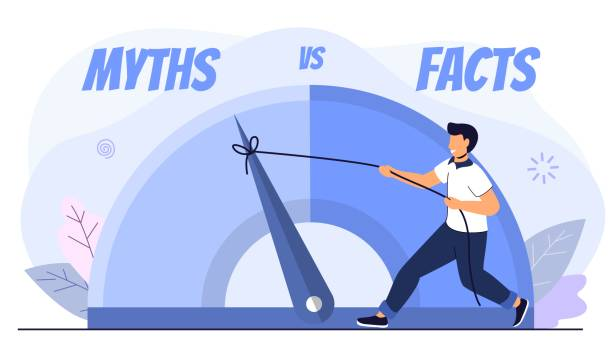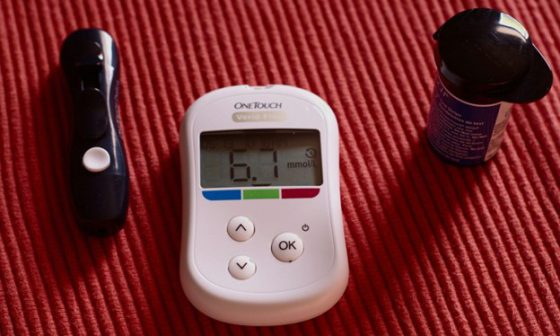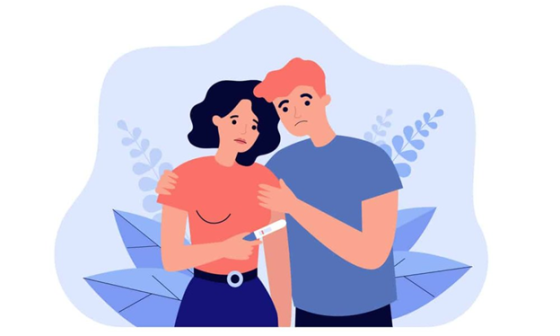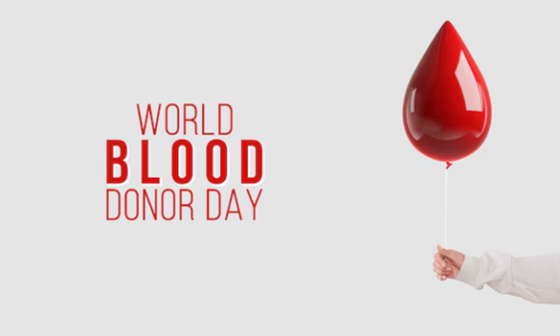Introduction
In Nigeria, as in many other parts of the world, health myths and misconceptions can lead to misunderstandings and potentially dangerous behaviour/practices. These fallacies frequently spread by word of mouth, social media, and even traditional beliefs, impede the quest for proper medical care.
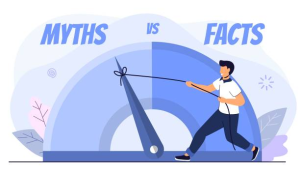
Source: iStock
Making healthcare accessible and affordable is one way in which Wellahealth is helping the Nigerian healthcare landscape. In this article, we will be debunking several common health myths in Nigeria and offer evidence-based clarifications to encourage improved health behaviours.
Myth 1: Vaccines impact negatively on overall health

The idea that vaccinations, particularly vaccines received in recent times like the HPV and the COVID-19 vaccine impact negatively on general health has been propagated by clerics, and their followers and spread through social media is not true. The fact remains that numerous studies by scientists have yet to discover a connection between failing health and vaccinations. Vaccines guard against dangerous infections and are an essential component of public health. Several health organizations, including the World Health Organisation (WHO), support vaccinations as safe and effective.
Myth 2: Using herbal remedies is always safe and reliable
Herbal treatments are widely believed to be safe and effective for treating any medical conditions in Nigeria. In marketplaces and open spaces, they are found to be advertising a single product that kills micro-organisms, maintains sexual health, and cures diabetes and other chronic conditions. Although several herbal medicines might possess health benefits, their safety and effectiveness aren’t proven. Before beginning any herbal treatment, it is crucial to speak with a healthcare provider because certain herbal remedies have the potential to cause negative effects or interfere with prescription medications. Remember that the use of medicinal herbs or drugs should be guided by scientific data.
Myth 3: You should see a Doctor only when you’re ill
Nigerians believe that going to the doctor is only required when they are sick. For so many children after their first encounter with healthcare providers at birth, the only other time they see healthcare professionals is when they are sick and need care. Scheduling routine medical examinations is essential for avoiding illnesses and treating ailments before they worsen as prevention is better than cure. Wellahealth provides affordable health insurance ensuring that consulting an expert remains pocket-friendly for you and your loved ones. Visiting the doctors regularly and undergoing regular screenings drastically reduces the costs of medical care and elongates life.
Viral infections are Treatable with Antibiotics
Myth 4: Antibiotics must always be taken when ill

Antibiotics are a group of drugs that should be used with proper sensitivity tests done in the laboratory, however, many Nigerians abuse antibiotics and thereby propagate antibiotic resistance. For example, Nigerians think that viral illnesses like the flu or the common cold can be effectively treated with antibiotics, additionally, for every fever antibiotics are consumed for the management of typhoid fever. The fact is antibiotics would never work against viruses; they only work against bacterial illnesses. Antibiotic resistance can result from improper use, making infections more difficult to cure. It’s crucial to take antibiotics exactly as directed by a medical expert.
Myth 5: Caesarean sections are always inferior to natural births
The idea that vaginal births are always better than cesarean sections is prevalent and detrimental to women’s care. It is worth noting that mother and child safety should be a top priority for you, the kind of birth is determined by medical advice backed by science and individual health circumstances whether to have a cesarean section or a vaginal birth. Each approach has advantages and disadvantages and women should be mocked for the choice and approach used.
Myth 6: Toothaches are caused by worms that are inherited
The widespread idea among many Nigerians is that worms that form cavities are the source of all toothaches, and this concept is spread throughout communities. Toothache is only a symptom, not a medical condition. As no two toothaches are the same, a single toothache might suggest a tumour, it is important to have your teeth examined by a specialist to determine the best course of action for each symptom.
Myth 7: Eating after midnight makes you gain weight
It’s a widely held assumption in Nigerian communities that eating after midnight will inevitably result in weight gain. However, you should know that weight gain is an imbalance between calories burned and calories ingested. Eating at a late hour is not always bad; what matters more is the sort and quantity of food eaten overall. Eating well-balanced meals at any time of day reduces the risk of weight gain more than habitually overindulging in food or selecting unhealthy options.
Myth 8: You could get sick from a toilet seat
Urinary tract infections are largely believed to be acquired from public toilets in Nigeria. The fact remains that UTIs are not toilet-based infections, rather they are caused by certain bacteria, viruses, or fungi most especially E.coli. Certain conditions or practices predispose you to UTI like compromised immunity, poor personal hygiene practices, and increased sexual activity. If you are unable to cover the seat, don’t worry. Before touching any doors or handles, place a paper towel over your hand and wash or sanitize it afterwards. Always wash your hands after visiting the toilet.
Myth 9: Detox drinks are important for cleansing and weight loss

The myth is that you need sophisticated detox drinks or cleanses to get rid of toxins and reduce weight. The truth is your body is a well-oiled engine with two built-in cleansing systems: the liver and kidneys. These organs work diligently to remove waste products and poisons and do not need external detoxification from expensive teas and drugs to work. Some detox drinks act as laxatives, which might result in dehydration and electrolyte imbalance. This can result in short-term weight loss, but it is primarily water weight, not fat loss. Detox beverages are not a long-term solution to weight loss or overall health. They can limit the necessary nutrition your body needs.
Myth 10: Drinking water only when you are thirsty
For many Nigerians, drinking carbonated or soft drinks when thirsty is ideal, however, that is wrong. When thirsty, you should drink water, staying hydrated prevents headaches, tiredness, and difficulty concentrating caused by thirst. Develop the healthy habit of drinking water throughout the day to stay hydrated. Aim for at least 8 glasses of water daily, and adjust according to your activity level and weather.
Conclusion
In today’s technology-driven world, Nigerians are bombarded with health information, particularly online. While some advice can be useful, much of it is plain incorrect. Wellahealth remains committed to correcting the myths while providing affordable health coverage for you and your loved ones for as low as #800/month. To get in touch with us and subscribe to one of our plans send us a message today!
Dr Ifeoma M. Uduh, Dr John Afam-Osemene
